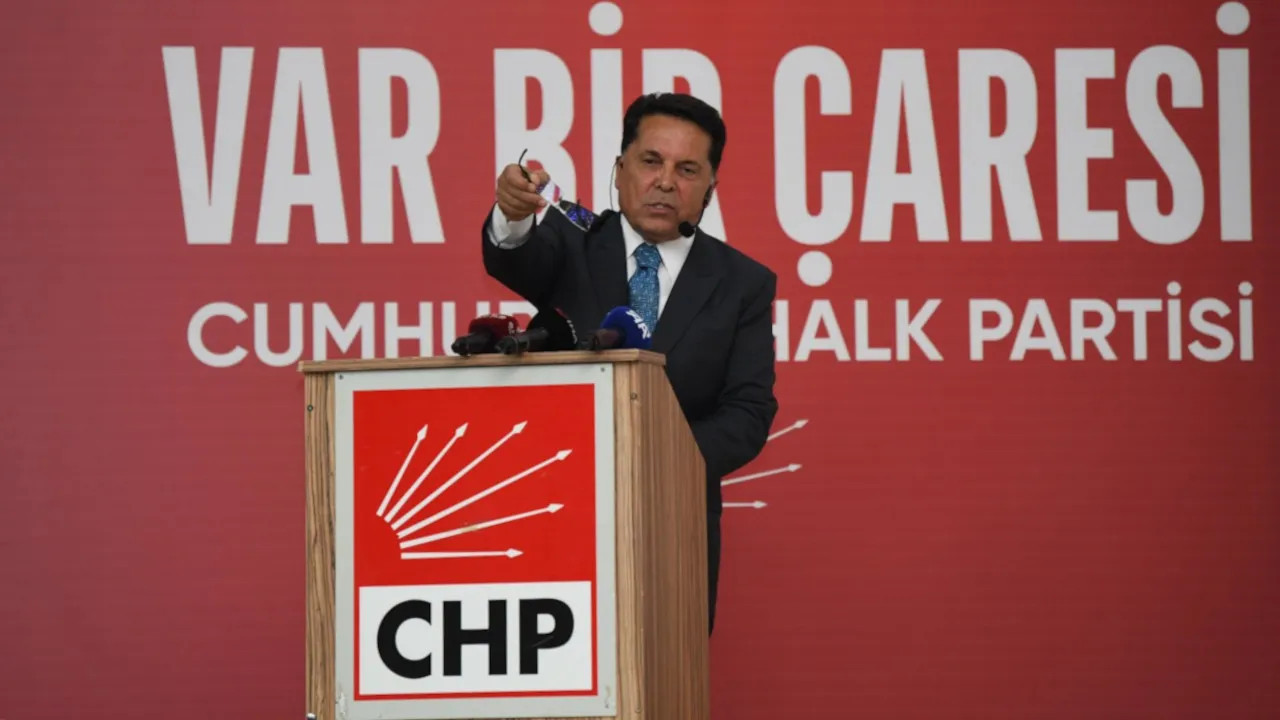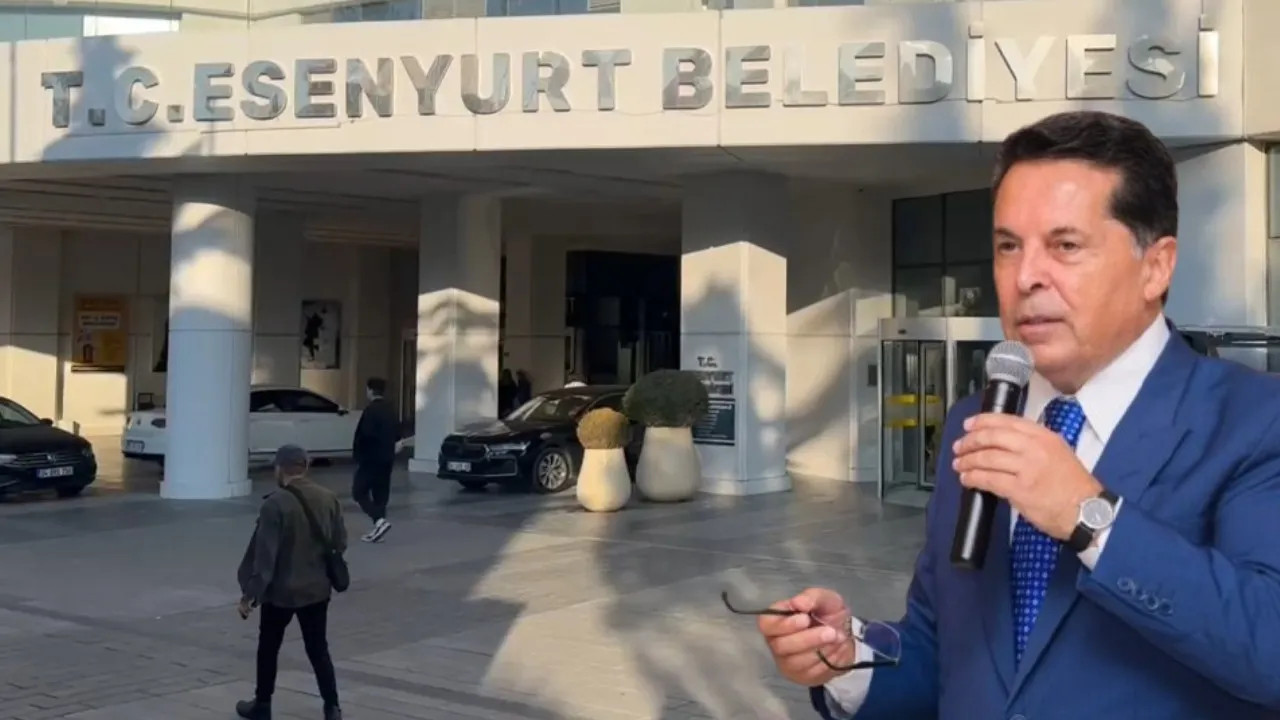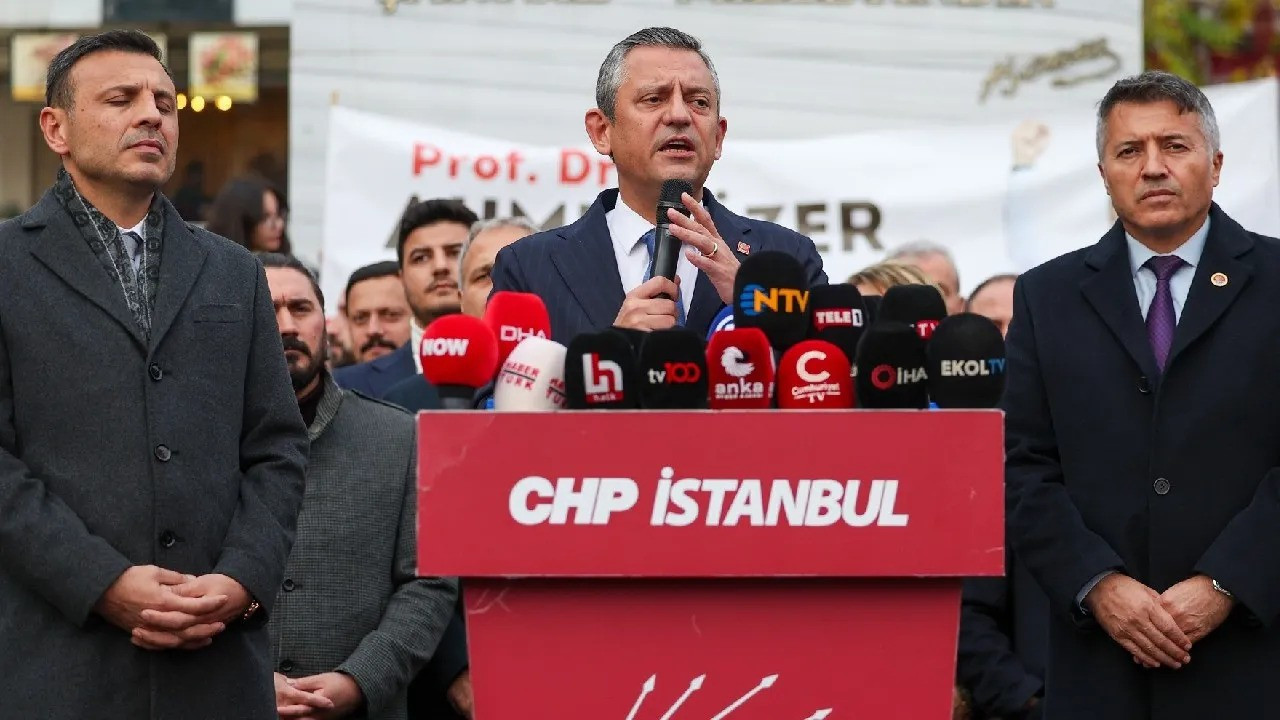Turkish court arrest 11 over past phone calls to jailed CHP mayor
In the investigation involving jailed CHP mayor Ahmet Özer, 11 individuals were arrested on charges of "membership in an armed terrorist organization" over their past phone calls with the mayor. Among those arrested were his former student who sold Özer pepper paste and a graphic designer who worked on the design of a book cover for him.
Furkan Karabay / Gazete Duvar
As part of an investigation led by the Istanbul Chief Public Prosecutor’s Office, 11 out of 12 individuals detained for alleged connections with Esenyurt District Mayor Ahmet Özer, have been jailed on charges of "membership in the Kurdistan Workers’ Party (PKK) terrorist organization.”
Main opposition Republican People’s Party’s (CHP) Özer was removed from office and replaced by a government-appointed trustee during the ruling Justice and Development Party’s (AKP) recent crackdown on opposition mayors.
The prosecutor’s office alleged that PKK leader Duran Kalkan issued instructions for "infiltrating metropolitan municipalities with members of the terrorist organization." According to the claims, Özer was placed in his position as Istanbul’s Esenyurt District Mayor through a system known publicly as the "urban consensus" in line with this directive.
As part of the investigation, six individuals taken into custody were alleged to have participated in the People's Democratic Congress (HDK), considered an extension of the PKK.
One of these individuals was reportedly identified as not raising their hand during a session of the Mersin province’s Akdeniz District Municipal Council when the former mayor from the ruling party asked, "Raise your hand if you consider PKK, YPG, and PYD terrorist organizations."
Additionally, five others were accused of engaging in "terrorism propaganda."
Following four days of detention, the 12 individuals were transferred to Istanbul's Çağlayan Courthouse to provide statements at the Terror Crimes Investigation Bureau of the prosecutor’s office.
Mayor’s former student arrested over phone talk on pepper paste
According to statement transcripts obtained by Gazete Duvar, suspects were initially questioned about their phone calls with Ahmet Özer.
One defendant, who spoke with Özer for a total of 1,841 seconds over 10 calls, stated that they had been Özer's student at Süleyman Demirel University between 1997 and 2003.
The former student of the mayor explained that after graduating, they remained in contact and that Özer had once ordered spicy pepper paste from him, which was the reason for their calls. The defendant added that the last time he saw Özer was in 2013 or 2014.
Another defendant, who had a total of 4,989 seconds of phone conversations with Özer, said he worked as a graphic designer, mainly for a publishing house in eastern Van province.
He explained that during his time there, he designed the cover and layout for Özer’s book Kürtler ve Türkler (Kurds and Turks) and communicated with Özer regarding the project.
Another defendant, who had seven phone calls totaling 763 seconds with the mayor, explained that the reason for their communication was his role as an editor for the online news outlet Karınca. He stated that Özer was a columnist for the site, and as the editor, he was responsible for editing Özer’s articles, which led to their phone conversations.
Another one, who had 76 phone calls with Özer totaling 5,909 seconds, stated that they work as a laboratory technician in hospitals affiliated with the Health Ministry. He explained that in 2012, he served as the Mersin branch president of the Health and Social Service Workers' Union (SES). The health care worker mentioned that during his tenure, he established a protocol with Toros University—where Özer was then vice rector—to benefit union members and their children, which is how he became acquainted with Özer.
All of the defendants mentioned that they had phone calls with the mayor mostly due to professional or political reasons due to his position as mayor mostly years ago.
Following the statements, the prosecutor argued that the defendant, who had only phone records with Özer, also engaged in "propaganda for the organization (PKK)." He claimed this constituted evidence of their membership in the organization and referred them to the court on duty with a request for arrest.
Out of the 12 individuals, 11 were arrested on charges of "membership in an armed terrorist organization" and sent to prison, while one was released under judicial control measures.
(English translation by Can Bodrumlu)

 Turkish court rejects appeal against imprisonment of CHP-led municipality’s dismissed mayorPolitics
Turkish court rejects appeal against imprisonment of CHP-led municipality’s dismissed mayorPolitics Turkish court arrests main-opposition CHP mayor on 'terrorism' chargesPolitics
Turkish court arrests main-opposition CHP mayor on 'terrorism' chargesPolitics CHP to continue vigil against trustee appointment in IstanbulPolitics
CHP to continue vigil against trustee appointment in IstanbulPolitics